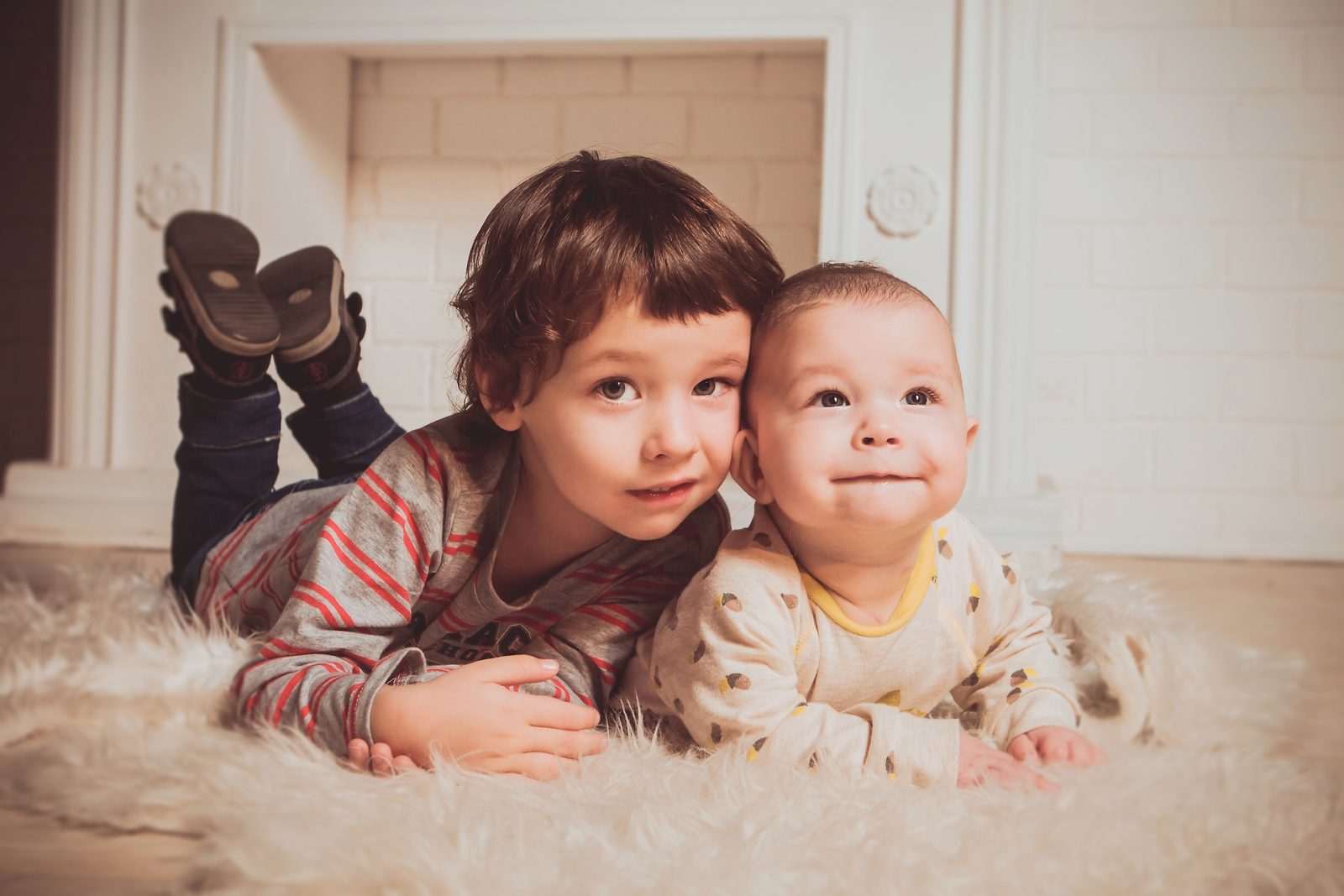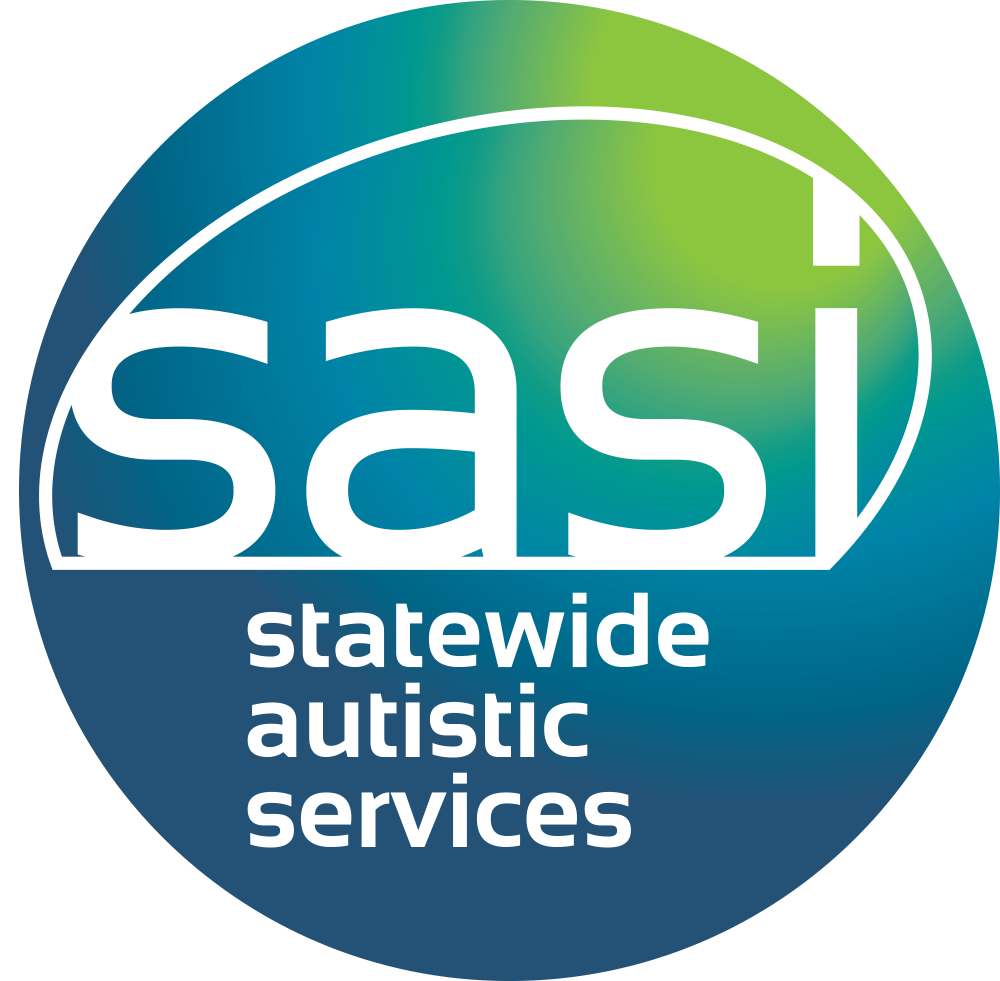Growing up with an autistic sibling
My youngest son was born into a seemingly ‘normal’ family. His brother was almost 5 years older than him, and was looking forward to being a big brother.
At the time of my younger son’s birth we didn’t know that his brother had autism. In fact, it was three days after his birth that we found ourselves in the office at the kindergarten being told that our older son was socially and emotionally less developed than other children his age, and would really benefit from another year of kinder.
This led to a huge amount of stress on me, in particular, as a mother. Since that day I was on a path to get a diagnosis and find the right supports for my child, all the while, trying my best to look after the needs of my youngest son who was experiencing his own health issues at the time.
It was a balancing act to say the least, and I’ve always wondered what life would have been for my youngest if his big brother did not have autism.
Growing up with a sibling who has autism can be difficult, and it has certainly built resilience in my youngest son. From a young age, he attended appointments at doctors’ surgeries, and was dragged from one specialist to another, almost growing up in waiting rooms.
It was challenging for him and he often experienced being yelled at, hit or punched, and even had threats to his personal safety throughout his childhood, despite my best efforts to maintain the peace between the two boys.
As a Mum it is heartbreaking to see your other child being abused by his sibling and I’ve always done my best to ensure the safety of both of my children. I wanted so much to protect him and stop the aggression that would so often erupt from my autistic child. My youngest would often sleep in my bed just so we both knew he was safe.
Not all siblings of autistic children experience anger and aggression from their brother or sister, as autism is different in every child. Every sibling will have their own experience and story about what it’s like to grow up with a brother or sister with autism.
Some will feel resentment about growing up with a brother or sister with autism, who they feel took away some of the good times or the energy that parents are supposed to give to the whole family.
I know my son has often wished he didn’t have to live with his big brother. He has been embarrassed to have friends over, often preferring to play at their house than have them meet his ‘quirky’ sibling. He has also been scared of him when he’s been in such a rage and threatened to kill himself and others, to the point where he has begged for me to call an ambulance in the middle of the night.
There have been many sad and scary times and it’s not something that young children should experience, but it is unfortunately something that growing up with a sibling with autism can bring with it.
He’s also often had to act like the big brother and help his sibling safely walk across the road or do things that normally a big brother would do for their little brother, not the other way around.
Despite the bad, there have also been some fun and fun-loving times, where the two have forgotten their differences and have been able to get along well, digging holes in the sand, catching fish, swimming and playing together as if nothing else matters. Unfortunately, these times are generally fleeting moments, as it’s not long until something happens and someone gets upset and all of a sudden, we have to pack up and go before tempers get too much.
My youngest is now 13 years old and his brother has recently turned 18. Things in our household will never be ‘normal’ as we all tiptoe around so as not to upset the proverbial apple cart.
He is a resilient 13-year-old, he has a lot of friends and is well liked. He is academic and athletic, he’s talented at many sports and has achieved so much in such a short amount of time. He is also empathetic and caring, and despite most of the time disliking having a brother with autism, he has an understanding and a maturity that other kids his age don’t have.
To say his life has been challenging for my son, is an understatement. Children who grow up with a sibling with autism or any type of disability will suffer from many adversities throughout their life. Their feelings are real and need to be acknowledged and understood. As a parent you can let them know that you’re there to listen to them, you may even like to find a support group or psychologist to help your child understand their feelings and emotions. In preparing this blog, I found a number of resources, listed below that may be of some use to other parents.
Until next time, take care.
SASI Guest Parent Blogger
Resources:
https://www.spectrumnews.org/news/siblings-children-autism-social-emotional-problems/
https://www.spectrumnews.org/features/deep-dive/how-autism-shapes-sibling-relationships/
https://www.spectrumnews.org/features/deep-dive/how-autism-shapes-sibling-relationships/
https://www.autismawareness.com.au/life-stages/siblings/
Image courtesy of pixabay.com







